
Supercharge your lead generation with a FREE Google Ads audit - no strings attached! See how you can generate more and higher quality leads
Get My Free Google Ads AuditFree consultation

No commitment
Supercharge your lead generation with a FREE LinkedIn Ads audit - no strings attached! See how you can generate more and higher quality leads
Get My Free Google Ads AuditFree consultation

No commitment
Supercharge your lead generation with a FREE Meta Ads audit - no strings attached! See how you can generate more and higher quality leads
Get My Free Google Ads AuditGet My Free LinkedIn Ads AuditGet My Free Meta Ads AuditFree consultation

No commitment
Supercharge your lead generation with a FREE Google Ads audit - no strings attached! See how you can generate more and higher quality leads
Get My Free Google Ads AuditFree consultation

No commitment
In the dynamic landscape of digital marketing for vegan food providers, Google Ads offers a unique advantage. While SEO can boost organic visibility and social media enhances brand engagement, Google Ads places your offerings right in front of potential customers who are actively searching for vegan food solutions. This process can be challenging, especially when the market is saturated with various vegan products and services. However, the right Google Ads strategy can make a significant impact by addressing these challenges head-on. This guide provides insights into maximizing your return on ad spend (ROAS) and conversion rates (CVR) in the fiercely competitive vegan food market.
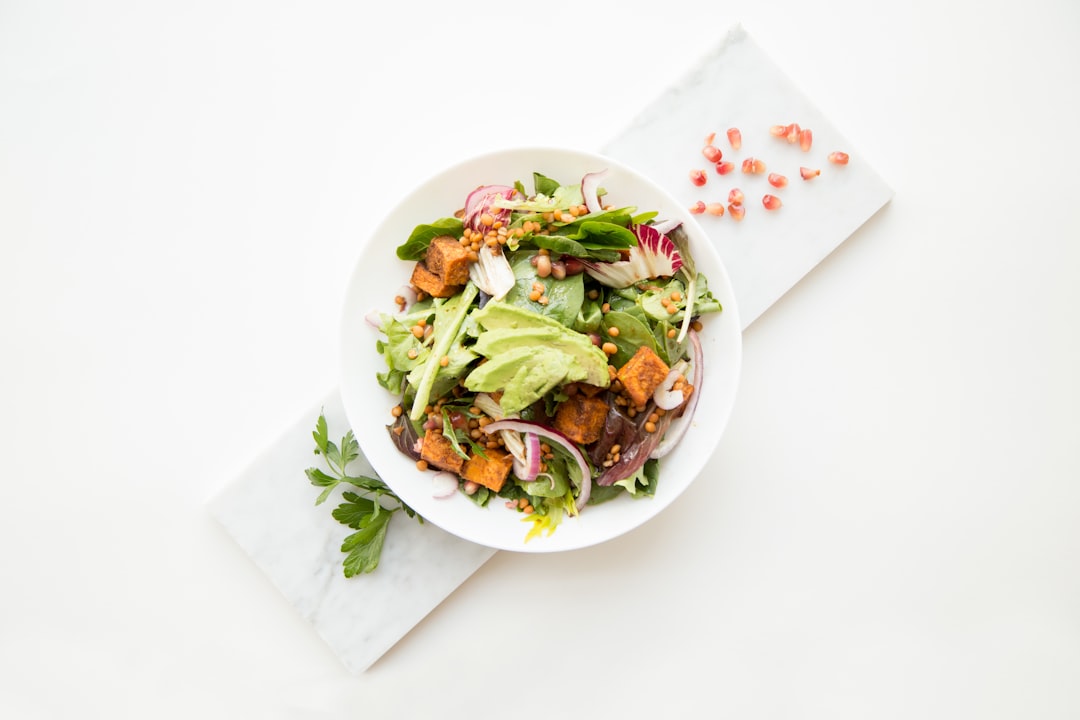
The vegan food sector is experiencing rapid digital transformation, requiring marketers to adopt smarter, intent-driven methods for lead generation. By using Google Ads strategically, vegan food providers can capture the attention of consumers who are already searching for plant-based, ethical, and health-conscious products. See vegan marketing trends for a deeper look at how digital behaviors are reshaping the space.
A step-by-step approach built on data, creative alignment, and performance optimization ensures every advertising dollar drives measurable results. Granular audience targeting, dynamic keyword management, and seamless campaign integration with other digital channels enable brands to maximize their reach and conversion rates. For expert tactics on maximizing ad ROI, explore our guide on Google Ads ROAS.
Utilizing these methods, vegan food providers gain a competitive edge in online advertising for vegan products, ensuring their brand stands out to the right audience at the right time. To start applying these strategies and track your results, get started with Sona Onboarding.
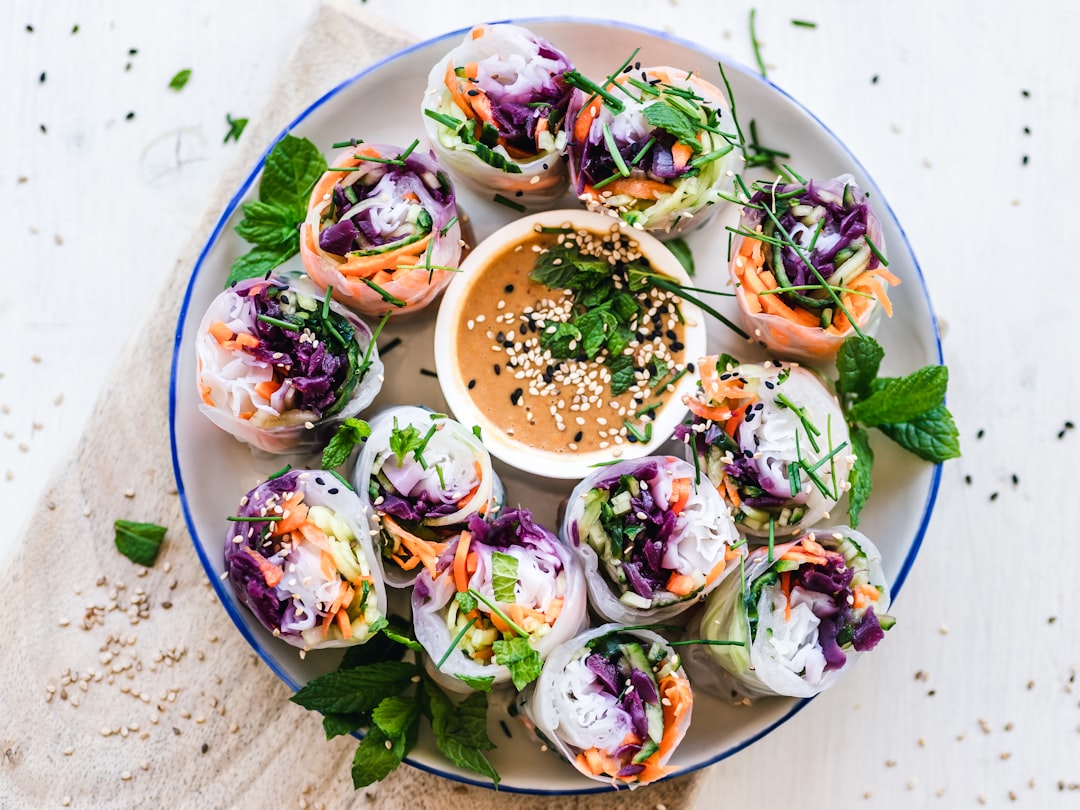
Vegan food providers face a unique set of marketing challenges that demand precise audience identification and rapid campaign adjustments. Digital marketing for vegan businesses thrives on platforms that reach consumers actively searching for plant-based options, making online advertising for vegan products more efficient and measurable compared to broad organic social approaches. Tastewise on vegan marketing provides a deeper look at this trend, highlighting how digital channels are reshaping vegan marketing.
Targeting niche audiences is fundamental for vegan food advertising. Advanced targeting capabilities in Google Ads empower marketers to direct spend toward high-intent vegan searches, ensuring that every ad impression reaches health-conscious, ethical consumers rather than a generic mass audience. With tools that surface detailed visitor data, marketers can move beyond anonymous traffic, pinpointing both individuals and organizations most likely to convert.
Responding quickly to demand is another key advantage. Unlike slower, relationship-focused channels, Google Ads enables vegan brands to capture in-market buyers at the moment they express intent. Real-time behavioral insights allow for dynamic budget allocation, shifting spend toward campaigns or audiences showing the strongest purchase signals and improving Google Ads ROI for vegan food. For more strategies to maximize performance, see our guide on Google Ads ROI tips.
Extended market reach is critical as plant-based trends accelerate in new regions. Google Ads lets vegan food PPC campaigns efficiently scale across geographies, focusing budget where vegan demand is growing. Integrated CRM and ad platforms mean enriched audiences and lead lists can be synced directly into campaigns, maximizing visibility and engagement for vegan restaurant marketing and product launches. This approach ensures vegan food providers stay ahead of shifting consumer demand, optimizing every dollar for relevance and growth.
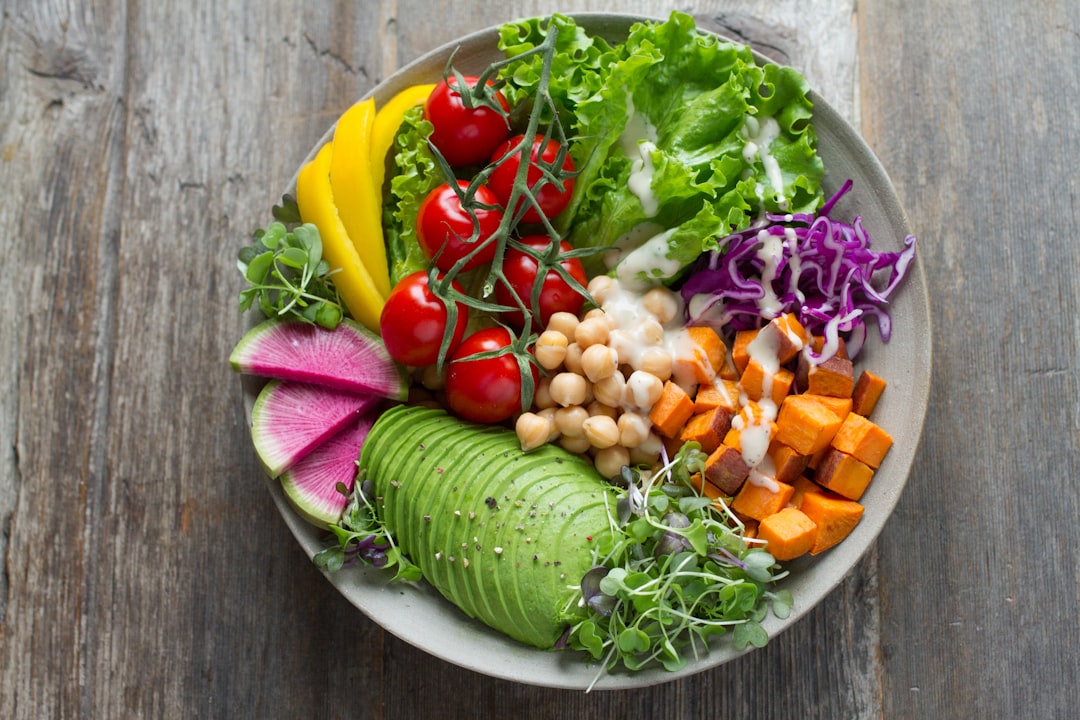
The vegan food market demands precise, data-driven advertising strategies to effectively reach ethically minded consumers and maximize return on ad spend. Choosing the right Google Ads campaign format is essential for capturing demand at each stage of the buying journey, from high-intent searches to ongoing brand reinforcement.
Selecting and orchestrating these campaign types enables vegan food marketers to address every stage of the customer lifecycle, from discovery through conversion and retention. Unified audience data, real-time intent insights, and closed-loop attribution ensure that campaigns are continuously optimized for maximum impact in the competitive vegan food advertising landscape.
Ready to maximize your vegan food ad performance? Start with Sona for smarter, data-driven campaign management.
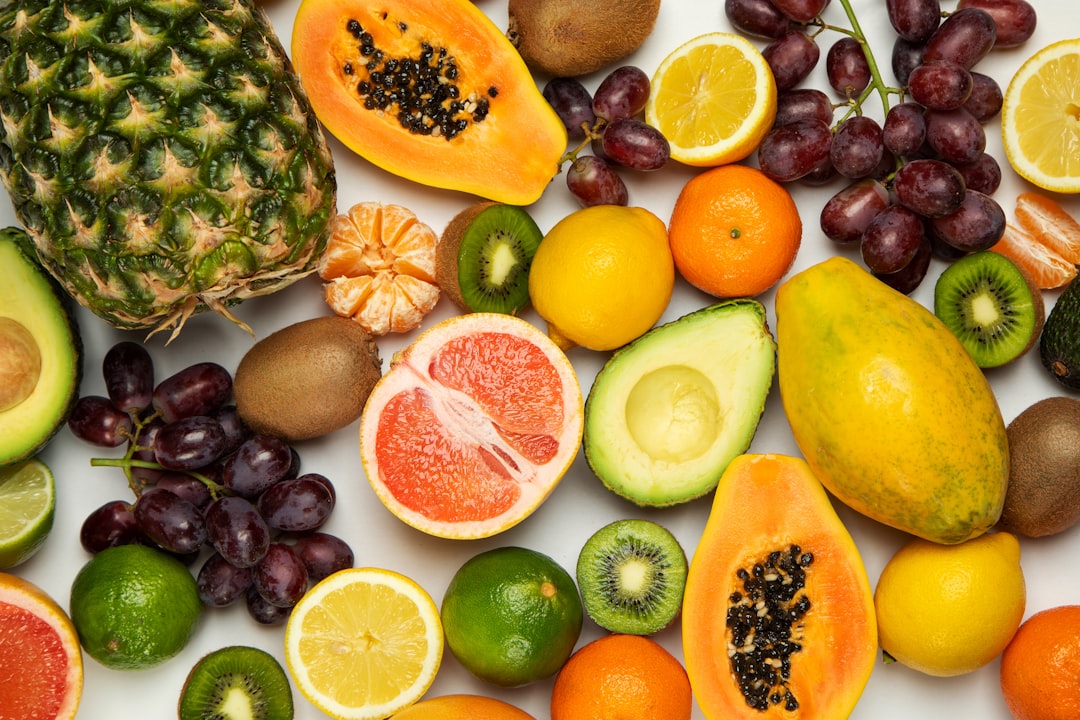
Vegan food providers face a fast-evolving digital marketplace, where standing out requires both strategic precision and creative reach. Identifying areas for expansion means leveraging data, audience insights, and highly targeted messaging tailored to the unique nuances of the vegan sector.
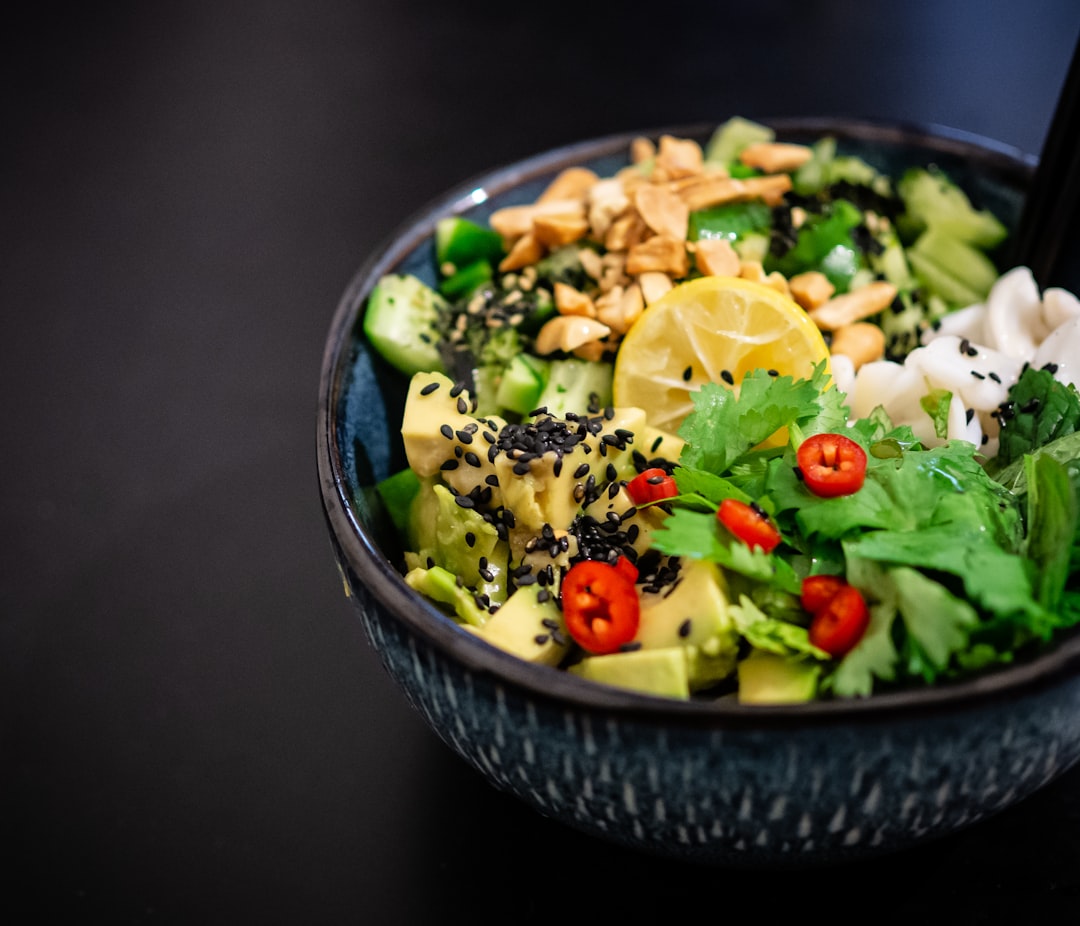
Effective audience segmentation is the foundation of high-performance vegan food marketing. Vegan food businesses that leverage granular segmentation can align paid media spend with actual buyer intent, channeling resources to audiences that consistently demonstrate high conversion rates.

| Industry | Keyword | Monthly Search Volume | Competition Level | Low Bid | High Bid |
| Vegan Food Providers | whole food plant based physicians | 10 |
A data-driven keyword strategy enables vegan food providers to focus spend on the highest-value opportunities and maximize campaign ROI. By targeting precise, purchase-intent queries and avoiding wasteful clicks, marketers drive more qualified leads and increase conversions from every ad dollar.
A robust keyword approach, powered by unified data and audience insights, positions vegan food marketers to outpace competitors and respond quickly to shifts in consumer demand. For more insights on maximizing ad returns, check out our guide on Google Ads ROAS. This targeted, data-backed methodology is foundational for effective vegan food marketing and online advertising for vegan products.
Modern vegan food providers require performance marketing that adapts quickly to shifting consumer preferences and digital buying journeys. A structured framework for Google Ads ensures every campaign touchpoint is measurable, relevant, and optimized for both awareness and revenue outcomes. This approach transforms digital marketing for vegan businesses into a scalable growth engine.
Precision in keyword selection fuels successful vegan food advertising. Start by clustering keywords according to consumer phrasing, such as “healthy vegan recipes” or “plant-based snacks,” to align with the language real buyers use. Incorporate geographic modifiers to capture local demand, crucial for vegan restaurant marketing and specialty grocers targeting conscious shoppers in specific neighborhoods or cities. Long-tail queries like “organic vegan protein bars in Austin” allow you to zero in on high-intent, niche audiences who are ready to convert.
Negative keywords enhance ad spend efficiency by filtering out irrelevant search terms, such as “free vegan recipes” that typically attract non-buyers. Sophisticated marketers can further refine targeting by integrating real-time behavioral signals: using platforms that identify company-level website visitors and their in-market intent enables the creation of dynamic keyword clusters that update as audience segments evolve. This ensures vegan food PPC campaigns stay relevant and cost-effective as market conditions shift—as explored in Vegan Diet Keywords.
Effective ad copy for vegan food providers addresses common lifestyle pain-points—such as the search for healthy meal options or ethical sourcing—directly within headlines and descriptions. Messaging should reflect the core values of vegan consumers, highlighting commitments to sustainability, animal welfare, or ingredient transparency. Trust signals like eco-certifications, verified reviews, and customer testimonials further build credibility and reduce friction for first-time buyers.
Incentivizing new customers with offers, such as discounts on first orders or loyalty programs, increases conversion rates and helps drive initial trial. Enhancing visibility with ad extensions—such as sitelinks to featured products, callouts for fast shipping, or structured snippets about ingredient sourcing—broadens reach and improves click-through rates. For advanced teams, leveraging intent data allows ad creative to adapt automatically based on where prospects are in the buying journey, ensuring messaging stays relevant as leads progress through the funnel. For more on boosting Google Ads performance, see our guide on Boost Google Ads ROAS.
A seamless connection between keyword, ad copy, and landing page is essential for vegan food marketing success. Each landing page should mirror the language and promises presented in the ad, reinforcing the unique benefits of the featured vegan products or menu items. Visual elements such as high-quality product images or explainer videos help clarify value propositions and build buyer confidence instantly.
Mobile-friendly design with persistent calls-to-action ensures every visitor can easily engage—whether purchasing, signing up for a subscription, or booking a table at a vegan restaurant. Marketers who unify online and offline data can further optimize these pages for conversion: real-time signals on user behavior, such as scroll depth or video engagement, allow for dynamic CTAs or personalized offers that drive higher conversion rates. Vegan Marketing Trends provides a deeper look at this trend and how data-driven UX influences vegan consumer engagement.
Continuous optimization is the hallmark of high-ROI Google Ads strategies for vegan food. Tracking key conversion actions—like add-to-cart events, newsletter signups, or in-store visits—provides granular insight into which campaigns and keywords are driving actual business outcomes. Smart bidding strategies optimize for cost-per-acquisition or conversion value, ensuring ad budgets are allocated to the most profitable actions rather than just clicks.
A/B testing of creatives, landing pages, and calls-to-action uncovers the messaging and offers that resonate most with targeted vegan consumers. By integrating enriched CRM data, marketers can automatically sync audiences and conversion events between platforms, enabling precise retargeting and bid adjustments based on real purchase intent. Solutions such as Sona Attribution support connecting online and offline actions for a unified view of performance measurement and campaign refinement. This unified view of online and offline attribution empowers vegan food providers to measure true Google Ads ROI and continually refine their vegan food PPC and online advertising for vegan products, keeping every campaign aligned with growth and profitability objectives.
Digital-first vegan food brands consistently gain momentum by meeting consumers where they search, shop, and engage online. Growth-focused teams that blend targeted campaigns with adaptive content strategies position themselves to capture a larger share of the rapidly expanding plant-based food market.
To optimize google ads for vegan food providers, prioritize smart targeting, keyword relevance, and seamless ad-to-landing page alignment. Use unified audience and intent data to continually refine targeting, ensuring every dollar spent is directed toward the highest-converting prospects. For more insights on maximizing return, see our guide on Google Ads ROI. Integrating your ad platform with CRM and sales tools further closes the loop, syncing enriched leads and measuring online and offline conversions for a holistic view of campaign ROI. This approach transforms online advertising for vegan products into a measurable, scalable growth engine.
Mastering Google Ads for your vegan food business isn’t just about visibility—it’s about connecting with the right audience in a way that drives real results. By leveraging the strategies we’ve covered, you can turn ad spend into meaningful conversions and sustainable growth.
From targeting health-conscious consumers to crafting compelling ad copy and optimizing for high-intent keywords, the key lies in aligning your campaigns with the values and behaviors of your ideal customers. Whether you’re refining your audience segmentation or testing creative variations, every adjustment brings you closer to maximizing ROAS and boosting CVR.
Imagine scaling your vegan brand with ads that not only perform but also resonate deeply with your audience—transforming clicks into loyal customers and one-time buyers into repeat advocates. The tools and insights are within reach; it’s time to put them into action.
Ready to see the difference? Start a free trial to experience the platform and its capabilities firsthand.
The best strategies include using data-driven approaches to target high-intent audiences, compelling ad copy aligned with landing pages, performance optimization through A/B testing, and cross-channel integration to maximize reach and conversion rates.
Improvements can be made by adopting a data-driven approach, refining audience segmentation, using real-time intent signals, and continuously optimizing campaigns through A/B testing and dynamic budget allocation.
The article does not specify an average ROAS; however, it emphasizes maximizing ROAS through precise audience targeting and real-time performance optimization.
Effective keywords include high-intent phrases like 'vegan restaurants near me,' 'vegan snacks,' and 'plant-based meal kits,' as well as long-tail keywords such as 'affordable vegan groceries' and 'organic vegan food delivery.'
To create a successful campaign, build targeted keyword lists, develop compelling ad copy that addresses vegan consumer values, design effective landing pages, and use data-driven optimizations to refine your strategy continuously.
Join results-focused teams combining Sona Platform automation with advanced Google Ads strategies to scale lead generation

Connect your existing CRM

Free Account Enrichment

No setup fees
No commitment required

Free consultation

Get a custom Google Ads roadmap for your business
Join results-focused teams combining Sona Platform automation with advanced Meta Ads strategies to scale lead generation

Connect your existing CRM

Free Account Enrichment

No setup fees
No commitment required

Free consultation

Get a custom Google Ads roadmap for your business
Join results-focused teams combining Sona Platform automation with advanced LinkedIn Ads strategies to scale lead generation

Connect your existing CRM

Free Account Enrichment

No setup fees
No commitment required

Free consultation

Get a custom Google Ads roadmap for your business
Join results-focused teams using Sona Platform automation to activate unified sales and marketing data, maximize ROI on marketing investments, and drive measurable growth

Connect your existing CRM

Free Account Enrichment

No setup fees
No commitment required

Free consultation

Get a custom Google Ads roadmap for your business
Over 500+ auto detailing businesses trust our platform to grow their revenue
Join results-focused teams using Sona Platform automation to activate unified sales and marketing data, maximize ROI on marketing investments, and drive measurable growth

Connect your existing CRM

Free Account Enrichment

No setup fees
No commitment required

Free consultation

Get a custom Google Ads roadmap for your business
Over 500+ auto detailing businesses trust our platform to grow their revenue
Join results-focused teams using Sona Platform automation to activate unified sales and marketing data, maximize ROI on marketing investments, and drive measurable growth

Connect your existing CRM

Free Account Enrichment

No setup fees
No commitment required

Free consultation

Get a custom Google Ads roadmap for your business
Over 500+ auto detailing businesses trust our platform to grow their revenue
Our team of experts can implement your Google Ads campaigns, then show you how Sona helps you manage exceptional campaign performance and sales.
Schedule your FREE 15-minute strategy sessionOur team of experts can implement your Meta Ads campaigns, then show you how Sona helps you manage exceptional campaign performance and sales.
Schedule your FREE 15-minute strategy sessionOur team of experts can implement your LinkedIn Ads campaigns, then show you how Sona helps you manage exceptional campaign performance and sales.
Schedule your FREE 15-minute strategy sessionOur team of experts can help improve your demand generation strategy, and can show you how advanced attribution and data activation can help you realize more opportunities and improve sales performance.
Schedule your FREE 30-minute strategy sessionOur team of experts can help improve your demand generation strategy, and can show you how advanced attribution and data activation can help you realize more opportunities and improve sales performance.
Schedule your FREE 30-minute strategy sessionOur team of experts can help improve your demand generation strategy, and can show you how advanced attribution and data activation can help you realize more opportunities and improve sales performance.
Schedule your FREE 30-minute strategy sessionOur team of experts can help improve your demand generation strategy, and can show you how advanced attribution and data activation can help you realize more opportunities and improve sales performance.
Schedule your FREE 30-minute strategy session





Launch campaigns that generate qualified leads in 30 days or less.
